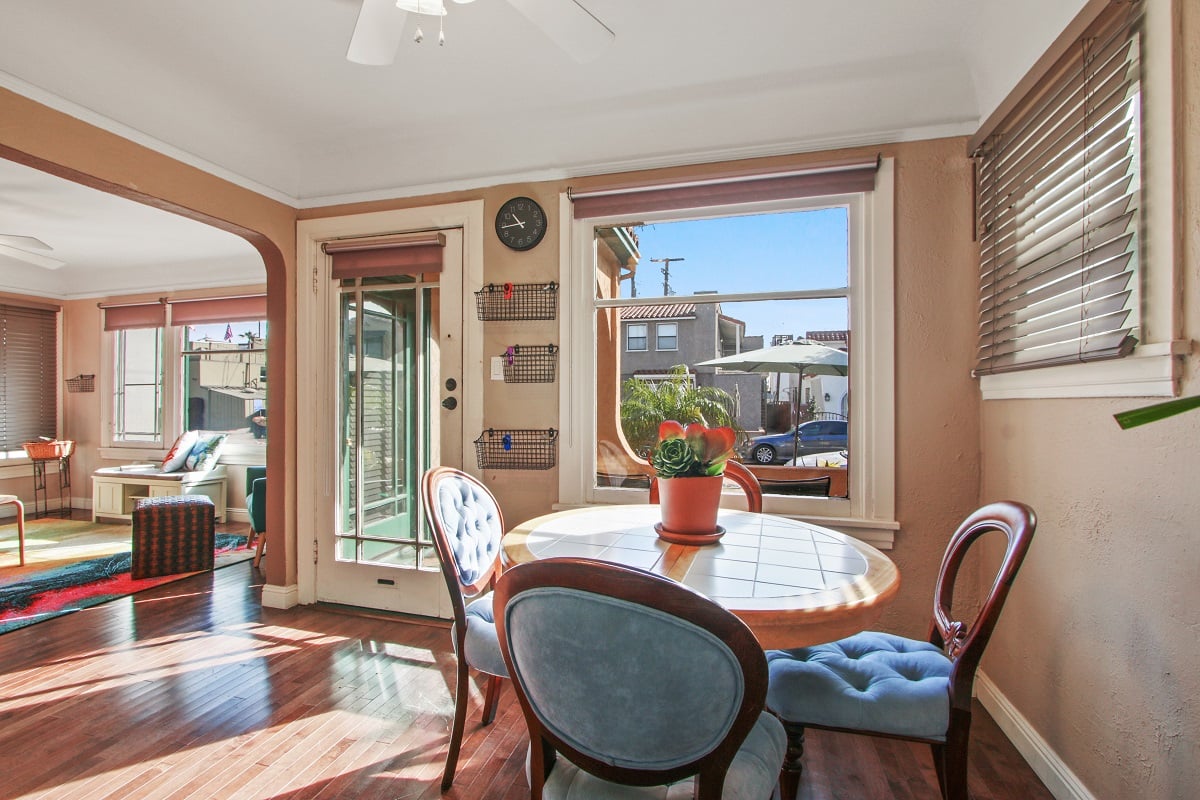Purchasing a home is a very big decision. It could even be the biggest investment you will ever make. Therefore, starting the process can be overwhelming! Particularly if this is your first time buying a home and you’re still learning along the way. Here are a few common mistakes that can end up costing you money, and ways to avoid them.
Not Shopping Around for the Best Mortgage
If you think about your last big purchase, chances are you did some shopping around. Even with small purchases like vacuum cleaners or coffee pots, we tend to do at least some comparison shopping. The same is true for your mortgage. Lenders can charge different fees and can also offer you different interest rates. According to the Consumer Financial Protection Bureau, people could be paying an extra $60 per month by choosing the wrong mortgage.
Being Unrealistic About the Budget
It’s easy to get starry-eyed when you see a house that you absolutely love. However, it’s always important to make sure the home isn’t over your budget. The risk, of course, is that investing more than you can handle could end up really hurting you in the future. Trust that the bank offered you a certain borrowing limit for a reason, and stay close to that number. Remember that the future is unpredictable. You could have a major life change occur, or interest rates could increase. Make the smart choice now so you won’t regret purchasing a home that’s too expensive later.
If you need more help preparing your finances for purchasing a home, watch the video below.
Forgetting About the Extra Costs Involved
Everyone talks about a mortgage when purchasing a home. However, there are a lot of other costs it’s important to factor into your budget as well. Acquisition costs, for example, include home valuation costs, loan application fees, and owner’s insurance. The move itself will cost you money, and there are always at least a couple of surprises waiting for when you get settled. For instance, appliances breaking down even though they have been working great for years. It’s practically a phenomenon.
Owning, in general, can be more expensive than renting because you have to pay for all maintenance and insurance. So it’s even more important to have an emergency fund once you’re a homeowner. Be sure to factor in all costs early before you get in above your head.
Considering Price Over Everything Else
While you certainly do not want to overpay for a home, you should consider your purchase an investment. Think of it as paying the “right price,” rather than the cheapest. Just because a home comes in way under your budget doesn’t mean that it’s a smart investment for you to make. Ask your buyer’s agent to provide you with a competitive market analysis to make sure that the asking price is fair. From there you can make an appropriate offer.
Watch the video below to hear Shalyse explain how you can know how much to offer when purchasing a home.
Not Working With a Buyer’s Agent
The right buyer’s agent is your secret weapon to finding the best home to meet your needs and that fits in your budget. Anyone can scroll through Zillow or Trulia and think they have a grasp on the market or the homes that are available in their price range. However, working with an experienced, connected buyer’s agent gives you access to properties that are about to hit the market. Sometimes homes sell before their MLS listing even goes live. Your agent should have a solid grasp on the current state of the market, so they can advise you on putting in an appropriate offer, and making the right investment.
If you are looking to buy your next home, we would love to work with you and help you through every step of the process. Especially if this is your first time purchasing a home, you want to work with someone you trust. Our job is to make you feel comfortable with every decision you make and to help find a property you will be happy to call home for many years to come. Contact us today to get started.



Leave a Reply